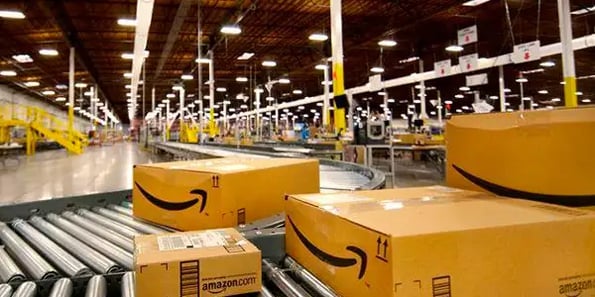Earlier this year, Amazon started charging tax on goods from its own inventory in all 45 states that have sales tax.

Goods sold by third-party sellers, which make up half of Amazon’s platform, are still largely tax-free — but that could all change soon: under mounting pressure from legislators, many of these merchants are expected to start collecting tax.
A little backstory
For many years, Amazon sold goods tax-free. Under the 1992 Supreme Court Case, Quill Corporation v. North Dakota, they argued that “states cannot collect taxes from companies that did not have a physical presence there.”
But as the e-commerce giant established warehouses across the US, that argument lost clout — and states came knocking. Today, any item from Amazon’s own inventory is taxed.
Here’s the catch: third-party vendors are still tax-free
Until now, Amazon has allowed third-party sellers to choose whether or not to charge sales tax.
For vendors in most states, this is a gray legal area. But certain states, including CA, MA, SC, and WA, are coming down hard on sellers, threatening to charge millions in back taxes — and as a result, vendors are increasingly (and begrudgingly) implementing sales tax on their products.
Consumers are likely to bear the brunt of these new fees, to the tune of 5-10% the cost of an order. So, don’t be shocked if your tub of Uranium Ore costs $44 instead of $40 in the near future.

